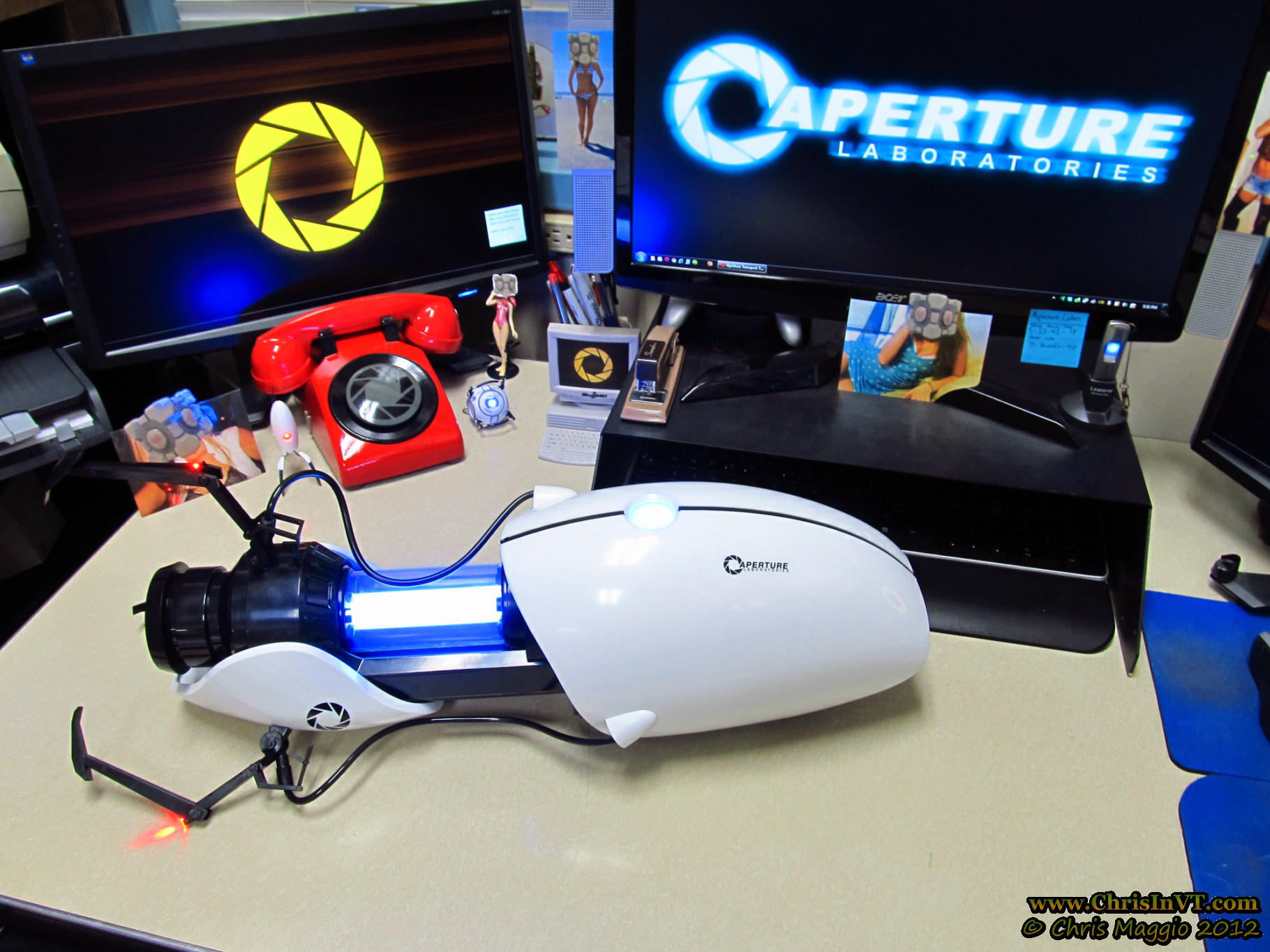

Les etudes preliminaires indiquent une augmentation de la frequence d’utilisation des jeux video et des medias sociaux pendant cette periode. De plus, les mesures de confinement ont intensifie la solitude et les addictions. Thus, future preventive interventions may want to target this issue.ResumeL’eclosion de la COVID-19 a eu un effet nuisible sur la sante mentale. Increased feelings of loneliness, a well-known risk factor for gaming, along with social media addiction, may be a central variable heightening vulnerability to the onset or the maintenance of technological addiction during forced social isolation. We found that loneliness levels longitudinally predicted both gaming and social media addiction, even when controlling for gaming and social media use at Stage 1. Data were analysed using Structural Equation Modeling.

Specifically, we measured loneliness feelings, frequency of gaming, and social media use, as well as both gaming and social media addiction. We conducted a longitudinal study administering a battery of self-report questionnaires at the beginning of lockdown (Stage 1) and three days before the end of the lockdown (Stage 2). Preliminary studies indicated an increased frequency of gaming and social media use during this time and augmented levels of loneliness likely account for the increase in gaming and social media addiction during lockdown. Discussion and conclusions Although the exact pathways linking HRV and IA to impaired decision-making in GD remain to be identified, a broader exploration relying upon an embodiment-informed framework may contribute to shed further light on the clinical phenomenology of the disorder.read more read lessĪbstract: The COVID-19 outbreak has been shown to have had a negative impact on mental health: furthermore, lockdown measures may have increased levels of loneliness and addiction. According to the linear regression model, cardiac vagal reactivity and IA significantly predict decision-making impairments on the IGT (P = 0.008 P = 0.019). Results Patients with GD displayed significantly decreased RSA reactivity (P = 0.002) and IA (P = 0.024) compared to HCs, even after controlling for affective symptoms, age, smoking status, and BMI.

A linear regression model was adopted to test the effect of factors of interest on IGT scores. We conducted a MANCOVA to detect the presence of significant differences between groups in RSA reactivity and IA. IA was assessed throughout the heartbeat detection task. A resting ECG was performed before and after the completion of the IGT. Methods Twenty-two patients experiencing problems with slot-machines or video lottery terminals gambling and 22 gender- and age-matched healthy controls (HC) were recruited. This is the first study exploring the impact in GD of respiratory sinus arrhythmia (RSA), an index of HRV, and IA on decision-making, as measured by the Iowa Gambling Task (IGT). Nevertheless, scarce evidence is available on their role in GD. Neurophysiological research points out the effect of parasympathetic arousal, including phasic changes in heart rate variability (HRV), and interoceptive accuracy (IA, i.e., the ability to track changes in bodily signals), on decision-making. Abstract: Background and aims Gambling Disorder (GD) entails maladaptive patterns of decision-making.


 0 kommentar(er)
0 kommentar(er)
